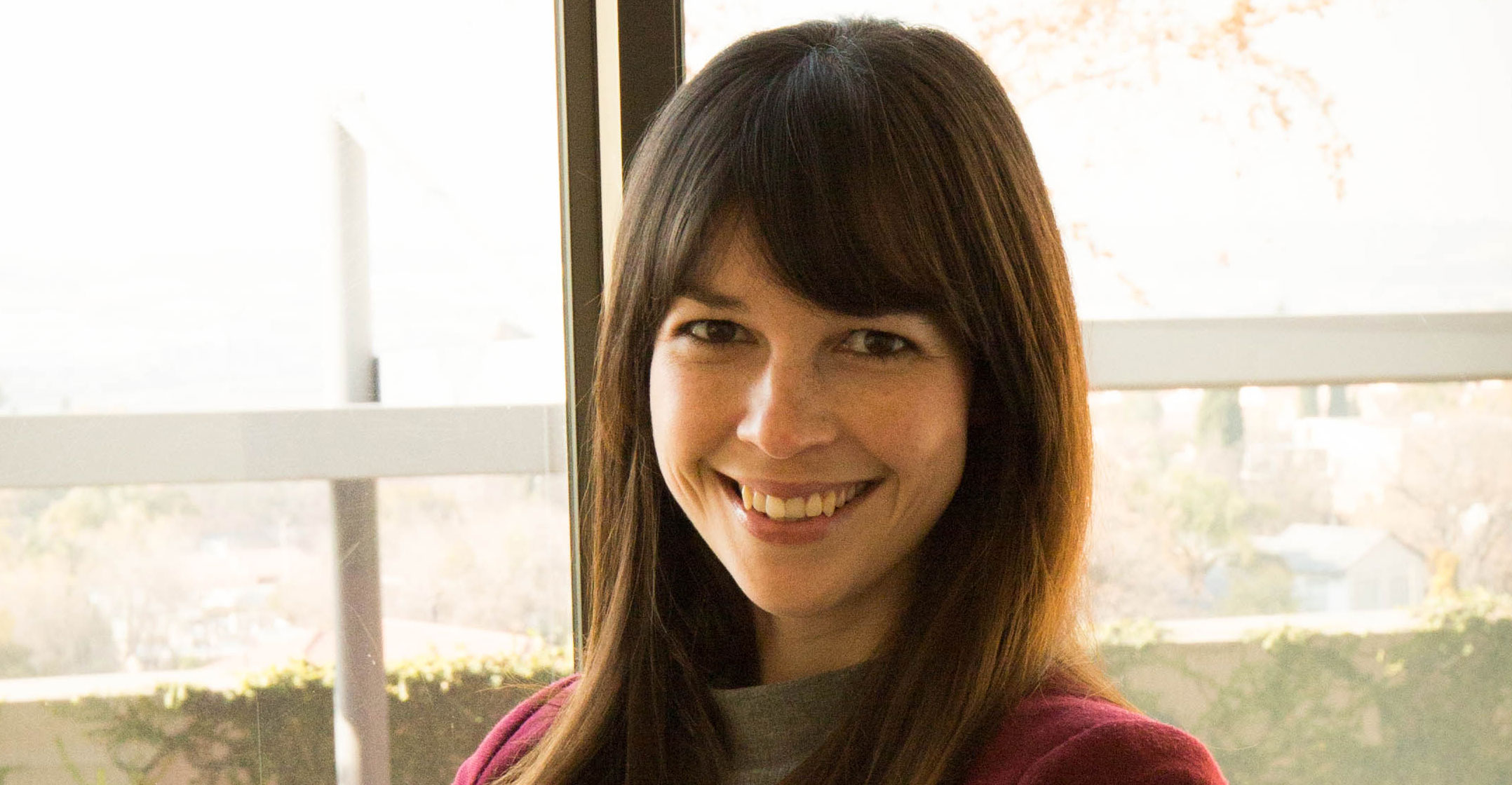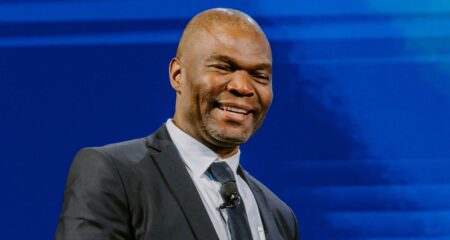
Transforming business models is at the heart of unlocking new value for companies of every size and in every industry, as well as for customers and society in a post-Covid world.
According to Jessica Kruger, product marketing manager at Tarsus On Demand, the Covid-19 pandemic caused the greatest and most rapid shift in human behaviour change at scale in history. “As cloud and digitalisation were already under way in many entities, the shift accelerated the adoption of these technologies.”
The bottom line is this: Every business had to change the way in which it operated during the pandemic. Some changes were forced on companies, and others represented the heights that innovation can reach in times of crisis, she adds.
“There was undoubtedly a reset of the workforce and work itself, one that renegotiated the relationship between the employer and the employee, as well as a complete shift in the business ecosystem. For many, the impact of the pandemic on their business was negative, but for some it was the other way around.”
Kruger says that when the pandemic was in its infancy, organisations had to initiate certain systems, and usually struggled month by month, not working as effectively as they could have, as they didn’t really understand the new landscape.
“Today, they need to re-strategise. The pandemic took a lot away. Companies need to regroup and try to understand the environment in which they now operate. They need to understand what their needs are, how the landscape is in a continual state of flux, and how they are constantly vulnerable to shifting circumstances.”
Companies that weren’t prepared to make a shift during the pandemic might, for instance, have found themselves with software-as-a-service (SaaS) solutions that were not properly aligned to what they needed in their current situation, adds Kruger. Under pressure, they made rash decisions to get up and running and remain operational. “Now they need to look at solutions that can make them grow as a business.”
Challenge assumptions
Unfortunately, Kruger says that despite the circumstances and how the world has been turned on its head, many incumbent organisations are still basing their business models on yesterday’s logic and implementing improvements that barely scratch the surface. “Businesses across the board need to challenge their basic assumptions about how they create, deliver and capture value, if they are to thrive.”
Kruger explains: “Businesses should look at the Covid-19 crisis as a real chance to refocus their strategy and reinvent themselves, having gained valuable experience from the lessons learnt over the last two years. Now is the time to bring together the leaders of the business and harness those lessons to reconfigure the business and operating models for today’s new reality.”
This, she says, will happen by understanding the organisation’s strengths and weaknesses to create a business model that works and generates income. “When it comes to reimagining the company’s future, executives need to seize the opportunity and look for better ways to operate and refocus their objectives.”

In addition, Kruger says it is crucial for organisations to understand that we no longer work in a traditional environment. “With the mass exodus to remote, work-from-home scenarios that happened practically overnight, business models need to be adapted, to ensure companies can still offer the best service. They must facilitate more collaboration and understanding of the business’s needs, and there are a host of solutions and options available to help them do this.”
There is a real opportunity to create better, automated and more collaborative environments, and Kruger advises companies to look at the metrics they are employing and see how they can adapt them to where their people are working from. “They need to install applications that enable users to instantly respond wherever they are, and irrespective of the device they are working on, and ones that enable them to switch between devices in an instant, and still work as effectively. They need to embrace the cloud and all the benefits and power it brings to enable the hybrid environments that are today’s reality.”
Kruger says the future is a multi-tasking world, and organisations need to build real, sustainable changes into the business and operating models. Initially, organisations need to determine precisely where and how the pandemic has stretched and broken their existing models, as well as where the risks, threats and opportunities are as a result of it.
Modern Workplace by Microsoft enables teams and companies to discover and connect to the best expertise available, without geographical or physical boundaries.
“What has become key is understanding how productivity has evolved to be about the collective. Employees work across teams, offices and even in different countries, and the right technology is needed to facilitate this type of work to become efficient and effective. Modern Workplace by Microsoft, for example, enables teams and companies to discover and connect to the best expertise available, without geographical or physical boundaries. It’s a single solution that allows your staff members to work anywhere on any device and includes e-mail, calendars and file storage, as well as a hub for teamwork.”
Base the organisation’s strategy not only on what the business needs of today are, but what the needs of the future might be, and given the volatile and uncertain environment in which we now operate, be agile and adaptive, and iterate as the new normal for your business emerges, whatever that new normal might be, Kruger says.
“Make sure that strategic planning is an ongoing activity so that it can respond rapidly to the inevitable changes that will happen in a business context. The pandemic has given us a tremendous opportunity to reset some of our goals and future plans. Every business should be asking itself, as it recovers from the pandemic, what does it want to do differently, and how should it doing it?”
For more information, contact the Tarsus On Demand team.
This promoted content was paid for by the party concerned




